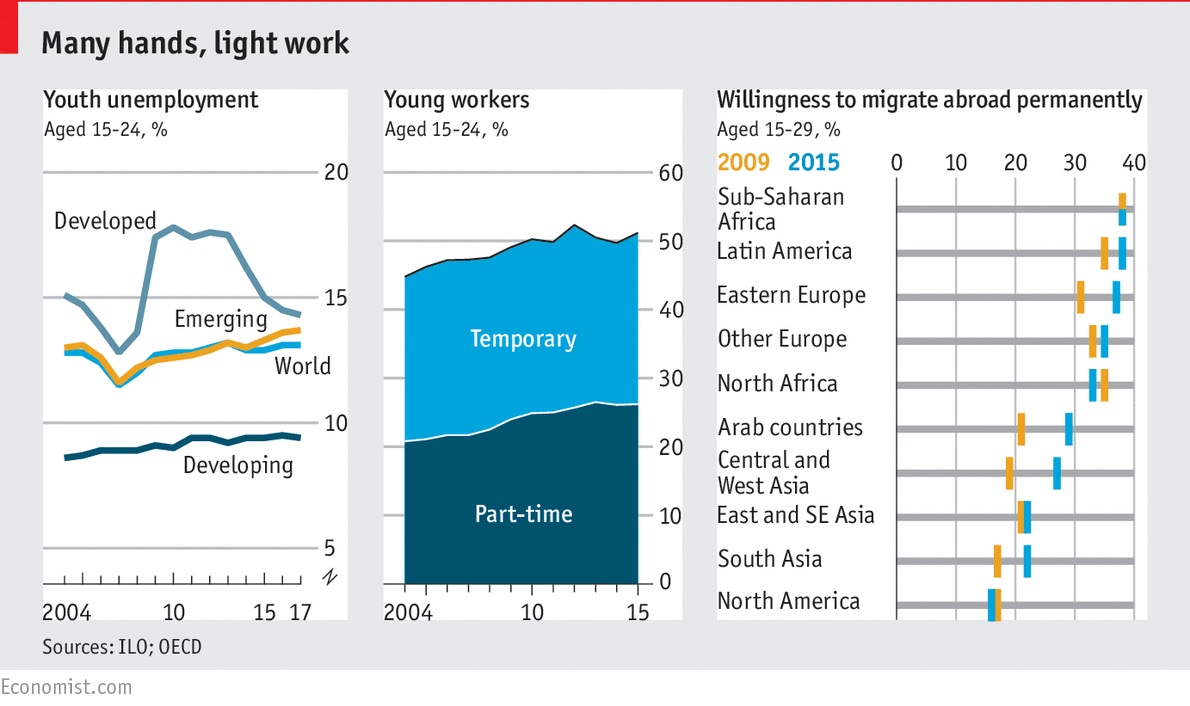What news do I bring to you?
The installed price of solar energy has declined significantly in recent years as policy and market forces have driven more and more solar installations.You see, I wasn't kidding about the good news and cheer that even General Malaise can occasionally bring ;)
Notice something in the chart below?
To me, the key there is the sharply reducing cost of utility-scale solar power. We can do bits and pieces with solar panels on our roof tops, but if the utilities are able to get into the act, then that will be a game-changer. Which is where the best news of all is:
Perhaps the most interesting piece of data to come out in the latest Lawrence Berkeley National Lab reports is the trend in the price of solar power purchase agreements or PPAs. These prices reflect the price paid for long-term contracts for the bulk purchase of solar electricity. The latest data show that the 2015 solar PPA price fell below $50 per megawatt-hour (or 5 cents per kilowatt-hour) in 4 of the 5 regions analyzed. In the power industry, the rule of thumb for the average market price of electricity is about $30 to $40 per megawatt-hour—so solar is poised to match the price of conventional power generation if prices continue to decline.The market is reacting already and "will certainly be interesting to see what kind of market dynamic develops as solar approaches the tipping point."
That tipping point is also news from Chile:
Solar power just sold for the lowest price ever, in Chile.Again, note that this is the market that is responding.
The Spanish developer Solarpack Corp. Tecnologica won contracts to sell power from a 120-megawatt solar plant for $29.10 a megawatt-hour at an energy auction this week.
That’s the lowest price on record for electricity from sunshine, surpassing a deal in Dubai in May. It’s the cheapest to date for any kind of renewable energy, and was almost half the price of coal power sold in the same event. According to Solarpack General Director Inigo Malo de Molina, it’s one of the lowest rates ever for any kind of electricity, anywhere.
Now, about the "bits and pieces with solar panels on our roof tops" that I mentioned earlier in the post, the economies of scale might be different with solar:
somewhat counterintuitively, there are no clear economies of scale in utility-scale solar. Bigger plants, represented by bigger circles in the chart, don’t seem to be producing cheaper power. The authors speculate that this is in part due to the increased regulatory and land-use hassles that come with plants over a certain size, which cancel out any savings. (Interestingly, there are economies of scale on the small-solar side. It seems solar power gets cheaper up to the 5 MW to 20 MW range, and then levels out.Of course, we have a long way to go. But, it seems like we are on the right path.







